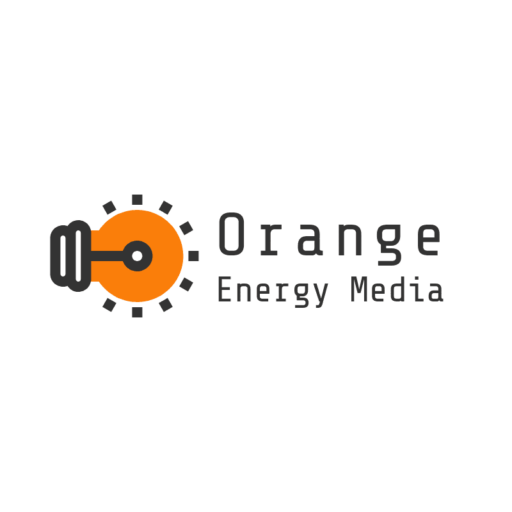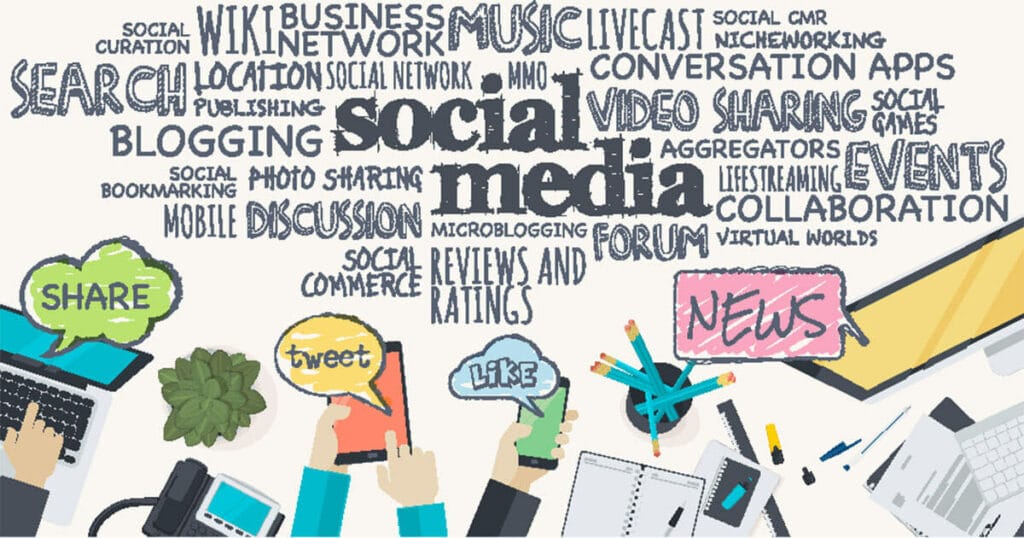Most small businesses can’t afford to dive into every social media channel to promote their products and services. The most effective method for those starting out in social media marketing is to choose a few platforms and focus on them exclusively to deliver content marketing to the customers you most want to target.
So which social media platforms will give the best ROI and bang-for-the-buck? It depends on your business goals and who you are trying to reach with your message.
Here is a brief synopsis of the pro’s and con’s of each of the major platforms:
Facebook – is all about building relationships and growing networks of friends with similar interests. It has more than 2 billion active users of all ages, making this a great platform for building a community associated with your product/service, developing brand loyalty, promoting local events, and posting information and resources that are linked to your business. Downside is that it has low “organic” reach. Thus, some paid FB ads are usually the norm, but not a requirement.
Twitter – has a reputation for breaking news, providing industry insights and sharing valuable resources. The use of hashtags enables you to know what’s trending in your area, and participate in conversations that are key to your brand. It’s great for brand development and it’s great for connecting with influencers. Downside is the relatively short lifespan of a tweet.
Instagram – is the social media platform with the youngest base of users. It uses photos to connect and converse. If you’re in retail, beauty, food, travel or any other “visual” medium, this platform is a must for your business. Hashtags guide users to trending subjects, so it’s pretty easy to get started if you have some good looking photos or videos. Downside is that if your product/service is not very visual, it might not be the best platform.
YouTube – is currently the biggest social media platform geared toward getting new customers. If your business has something to explain, demonstrate, or teach, this is the best platform. YouTube is also the 2nd largest search engine in the world (Google being the first as well as owner of YouTube). You don’t have to be professional film-maker to create videos, but you need to have to have something to say or show or a regular basis.Keep in mind that because the primary content is video, it is much more time consuming and costly to setup and maintain.
LinkedIn – is the networking hub for professionals. It’s strengths are business development and B2B connections. It’s well respected as a site for networking, recruiting professionals, and job hunting. This platform does not require as much activity as the other platforms to make business connections.








